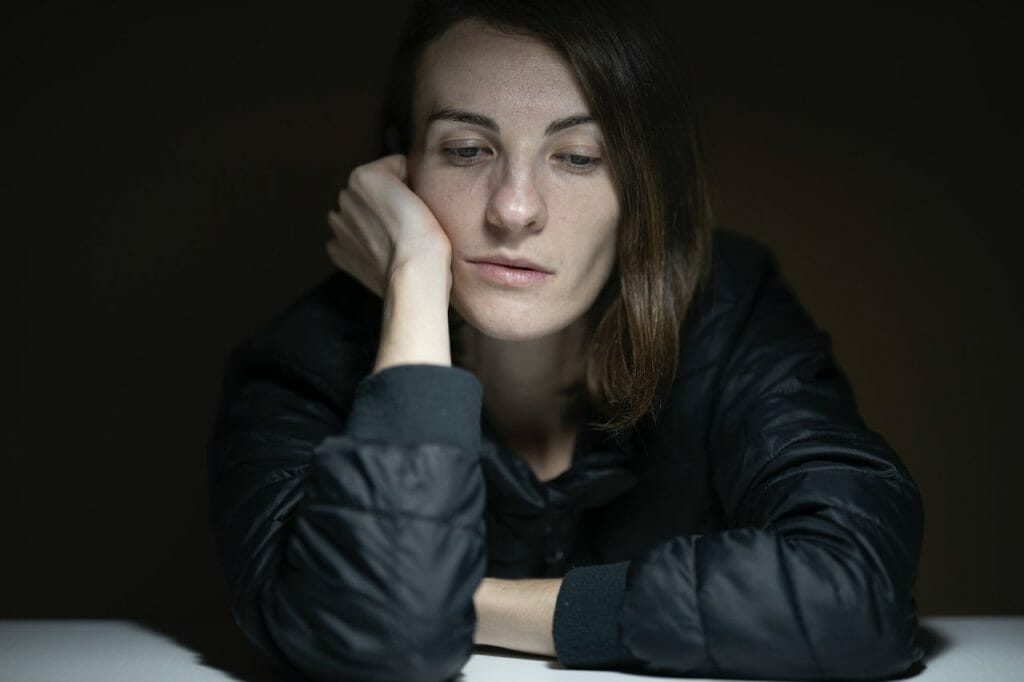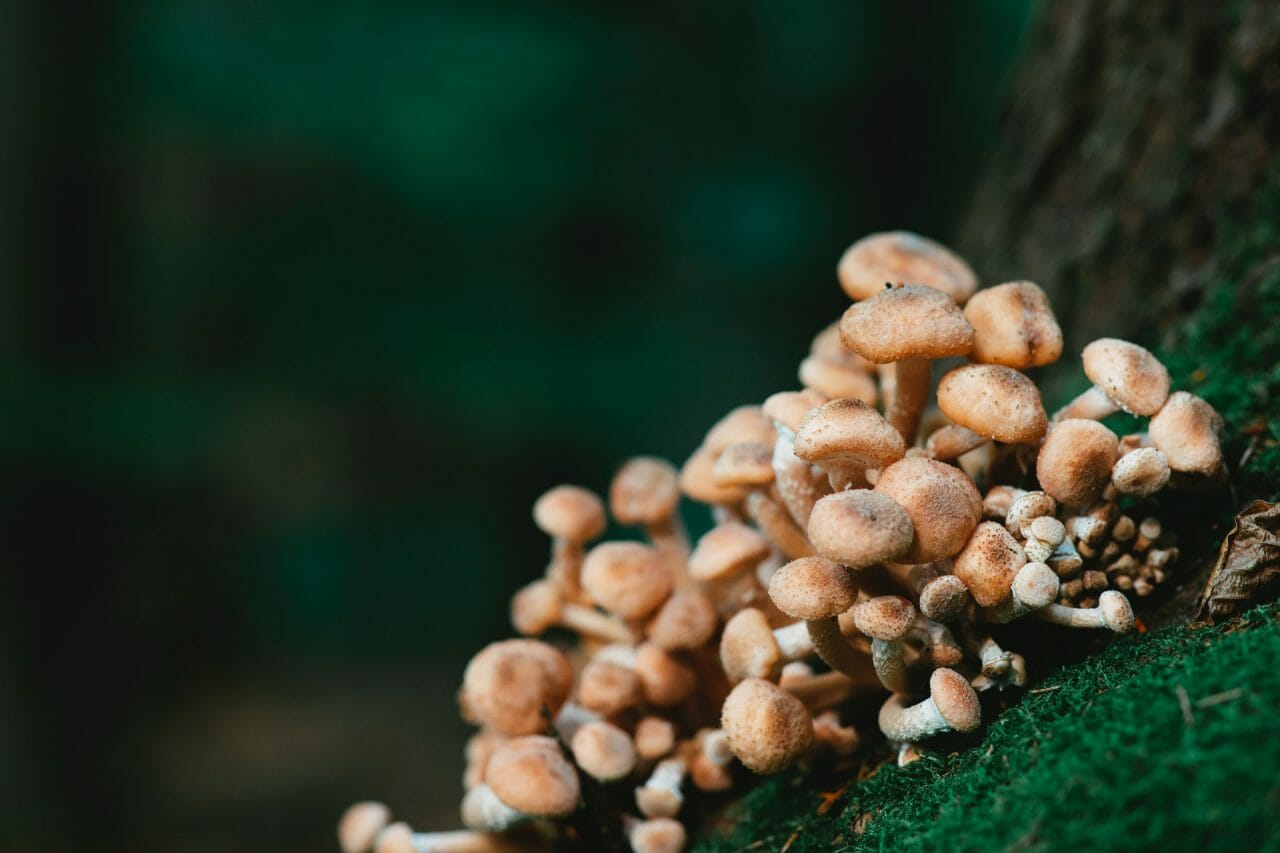The World Health Organization (WHO) reports that depression affects over 264 million people worldwide.
Conventional treatments can be helpful, but they often fall short in tackling the complex aspects of depression. This issue has elicited interest in exploring alternative therapies. One such alternative, which is gaining momentum in both scientific and public spheres, is the use of mushrooms containing psilocybin, obtained from a mushroom dispensary, for treating depression.
Let’s delve into the world of mushroom dispensaries, their contribution to depression therapy, and the compelling statistics that underscore their potential to revolutionize our approach to this significant global mental health concern.
Key Takeaways:
- Mushroom dispensaries offer alternative depression therapies using mushrooms rich in psilocybin.
- Research shows that psilocybin can bring about substantial and long-term reduction in depression symptoms.
- Psilocybin therapy is part of an emerging trend revolutionizing mental health care.

Understanding Psilocybin Therapy and its Potential Benefits
Psilocybin, a naturally occurring compound in certain mushroom species, also known as “magic mushrooms,” is transformed into psilocin by the body after ingestion. This compound interacts with the brain’s serotonin receptors, leading to significant shifts in perception, mood, and consciousness, which are typically linked to psilocybin use.
Studies examining psilocybin’s potential as a treatment for depression have yielded significant findings. Clinical trials demonstrate that a single, carefully administered dose of psilocybin can result in major reductions in depressive symptoms. Participants have reported significant and lasting improvements in their mental health and overall quality of life.
These findings have driven increased interest and investment in the exploration of psilocybin as a novel treatment option for depression, especially for individuals who haven’t had success with traditional therapies.
Hopeful Results from Magic Mushroom Treatments for Depression
DispensariesPsilocybin-containing mushrooms, commonly known as magic mushrooms, have garnered attention for their potential to alleviate depression symptoms. This article explores different varieties of magic mushrooms and their possible benefits in treating depression.
| Magic Mushroom Type | Details | Possible Depression Benefits | |
| Golden Teacher | A widely recognized psilocybin mushroom, notable for its golden cap. | It’s believed to decrease depressive symptoms and enhance emotional health. This variety can foster introspection and self-reflection, potentially helping individuals gain new insights into their depression. Some users report experiencing a sense of unity and interconnectedness, which may alleviate feelings of isolation often associated with depression. | |
| Psilocybe Cubensis | One of the most common types of magic mushrooms. | It is associated with positive mood changes and shifts in life perspective. It may enhance emotional processing and help individuals address the root causes of their depression. The altered consciousness it induces can help users break free from fixed thought patterns and cultivate a more optimistic outlook. | |
| B+ | Identified by its large, bulbous fruiting bodies. | It may lead to significant and sustained decreases in depressive symptoms. Users often report achieving a clearer understanding of their feelings and life circumstances. The therapeutic journey could aid in releasing suppressed emotions and traumas, providing relief from depression. | |
| Liberty Cap | These are small, conical mushrooms found in various regions. | They’re known to produce intense emotional experiences that can have a positive impact on depression. During Liberty Cap trips, users often experience heightened sensitivity and empathy, fostering emotional healing and connection. The immersive and profound nature of the psychedelic journey may help individuals understand the root of their depression. | |
| Penis Envy | Distinguished by its unique, phallic-like shape. | Associated with profound insights and changes in depressive thought patterns. Users often experience ego dissolution, allowing them to confront their depression without the constraints of their usual identity. The intensity of the experience may facilitate therapeutic breakthroughs, leading to long-term improvements in mental health. | |
| Blue Meanie | A potent strain identified by its bluish | hue. | The belief is that this hue provides a soothing and calming impact on the mind, possibly reducing anxiety and depression symptoms. A number of users have reported experiencing a state of inner peace and emotional release during their encounters with Blue Meanie, which could potentially promote mental well-being. Due to its mild yet introspective properties, this strain could be especially suitable for those seeking a less intense, therapeutic psychedelic experience. |
The Role of Magic Mushroom Dispensaries in Treating Depression
Magic mushroom dispensaries, or shops, play a crucial role in treating depression, offering a controlled and regulated environment for those seeking potential therapeutic solutions.
The Role of Health Canada
In Canada, Health Canada serves as the federal agency responsible for ensuring the safety, effectiveness, and quality of therapeutic products, such as psilocybin found in magic mushrooms.
Therapeutic Product Authorization
Health Canada has recently granted exemptions and approvals for the use of psilocybin under specific medical conditions, including depression, in certain clinical and research contexts. This policy shift indicates a growing recognition of psilocybin’s potential therapeutic benefits.
Potential Therapeutic Benefits
Magic mushroom stores present a potentially innovative and promising therapeutic option for individuals with depression. Given the appropriate permissions and under certain conditions, individuals may utilize psilocybin therapy to alleviate depressive symptoms.
A Safe and Regulated Environment
Magic mushroom dispensaries provide a safe and regulated environment for those seeking psilocybin therapy, ensuring the experience is conducted under the supervision of trained professionals.
Compliance with Health Canada Regulations
Dispensaries must adhere to Health Canada’s regulations and guidelines when providing psilocybin-based products for therapeutic use. They play an essential role in ensuring therapy is conducted responsibly and ethically.
Guide for Navigating Psilocybin Therapy Through a Mushroom Shop
Undergoing psilocybin therapy through a mushroom shop could potentially be a transformative and beneficial journey. However, it’s essential to undertake this task with due diligence and prudence. Here are some strategies to guide you through this process:
- Comprehensive Research: Initiate with a thorough investigation into psilocybin therapy and the specific mushroom store you are considering.
- Seek Professional Advice: Before deciding on psilocybin therapy, consult a mental health specialist or therapist who has expertise in psychedelic-assisted treatment. They can assess your suitability for such therapy and provide valuable guidance.
- Choose a Trustworthy Store: Look for customer reviews, endorsements, and evidence of compliance with local regulations.
- Understand the Procedure: Familiarize yourself with the entire therapy process, from preparation and the psychedelic experience to post-session integration. Knowing what to expect can reduce anxiety and enhance therapeutic outcomes.
- Prepare Mentally and Emotionally: Prepare yourself psychologically and emotionally for the journey. Set clear objectives for your therapy session, and be ready to confront any challenging emotions or thoughts that may arise.
- Secure a Safe Environment: Ensure that the mushroom store provides a secure and comfortable environment for your therapy session. This should include appropriate lighting, music, and the presence of trained facilitators to assist you if needed.
- Follow Dosage Guidelines: Adhere to the recommended dosages from the mushroom store or your healthcare provider. Avoid self-administering or ingesting unknown substances, as this can be dangerous.
Conclusion
Mushroom stores offering psilocybin therapy have emerged as a potential alternative for treating depression. Despite the diverse legal and regulatory landscapes that govern these clinics, a growing volume of research and personal experiences highlight their ability to alleviate depressive symptoms and provide individuals with new perspectives on their mental health.
As the field of psychedelic-assisted therapy continues to evolve, the role of mushroom stores in transforming the landscape of depression treatment offers hope to those seeking innovative mental health solutions.
Frequently Asked Questions
How can I find a reliable mushroom dispensary for depression treatment?
To find a reliable mushroom dispensary, thorough research is essential. Search for stores that adhere to local regulations and safety protocols. It’s advisable to seek guidance from
Ensure that your chosen dispensary is reputable by confirming its credentials. This includes the qualifications of their staff and their commitment to ethical practices. Consult with healthcare professionals or individuals who have experienced positive outcomes with the treatment.
How long does the therapeutic effect of psilocybin therapy last in the treatment of depression?
The length of time for which the therapeutic benefits of psilocybin therapy are experienced can vary from individual to individual. Some people might experience immediate relief, while others may notice improvements gradually. Research suggests that the benefits can last for several weeks to months after a single session. The duration of these effects can also depend on the extent of integration and ongoing support.
Is psilocybin therapy sufficient as a standalone treatment for depression, or is it necessary to combine it with other therapies?
Psilocybin therapy is generally used as part of a comprehensive treatment plan for depression. It can be combined with conventional therapies such as psychotherapy, counselling, or medication to enhance its effectiveness. The selection of treatment methods should be specifically tailored to meet individual needs and should be guided by healthcare professionals.
What other types of magic mushroom products can be used for treating depression?
In addition to traditional magic mushrooms, there are other magic mushroom products available for depression treatment. These include psilocybin microdosing capsules, psilocybin-infused edibles like chocolates or gummies, liquid extracts or tinctures, and psilocybin nasal sprays. These alternative methods of psilocybin delivery provide a range of dosage options and ways to administer the substance, including precise microdosing for subtle mood enhancements.
Related Article:

 Mushroom Dispensary, a leading provider of medicinal mushrooms, is pioneering the use of these natural fungi in the treatment of depression. Their novel approach is getting people to talk and is garnering significant attention in the mental health community.
Mushroom Dispensary, a leading provider of medicinal mushrooms, is pioneering the use of these natural fungi in the treatment of depression. Their novel approach is getting people to talk and is garnering significant attention in the mental health community.



